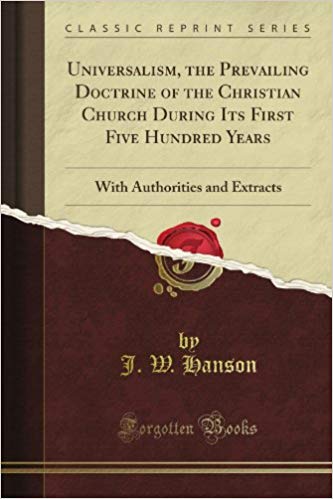Ernest T. Bass
Member
- May 17, 2012
- 2,094
- 140
Heb 2:14 Wherefore in all things it behoved him to be made like unto his brethren,You might want to think about the consequences of your belief that Jesus did not share our exact nature.
The same flesh (human nature) Adam had, Jesus also had. If Jesus did not share our same exact nature, then He was not of us. Therefore, if Jesus did not have our exact human nature, then whatever nature He had is what He redeemed. That would mean you and I and all other sons of Adam are still not redeemed.
Hebrews 2:14 ---> "And since these children have a common inheritance of flesh and blood, he too shared that inheritance with them."
Phil 2:7 But made himself of no reputation, and took upon him the form of a servant, and was made in the likeness of men:
If Christ had no OS, no sin nature, no total depravity it cannot be said He was made in the likeness of men.











